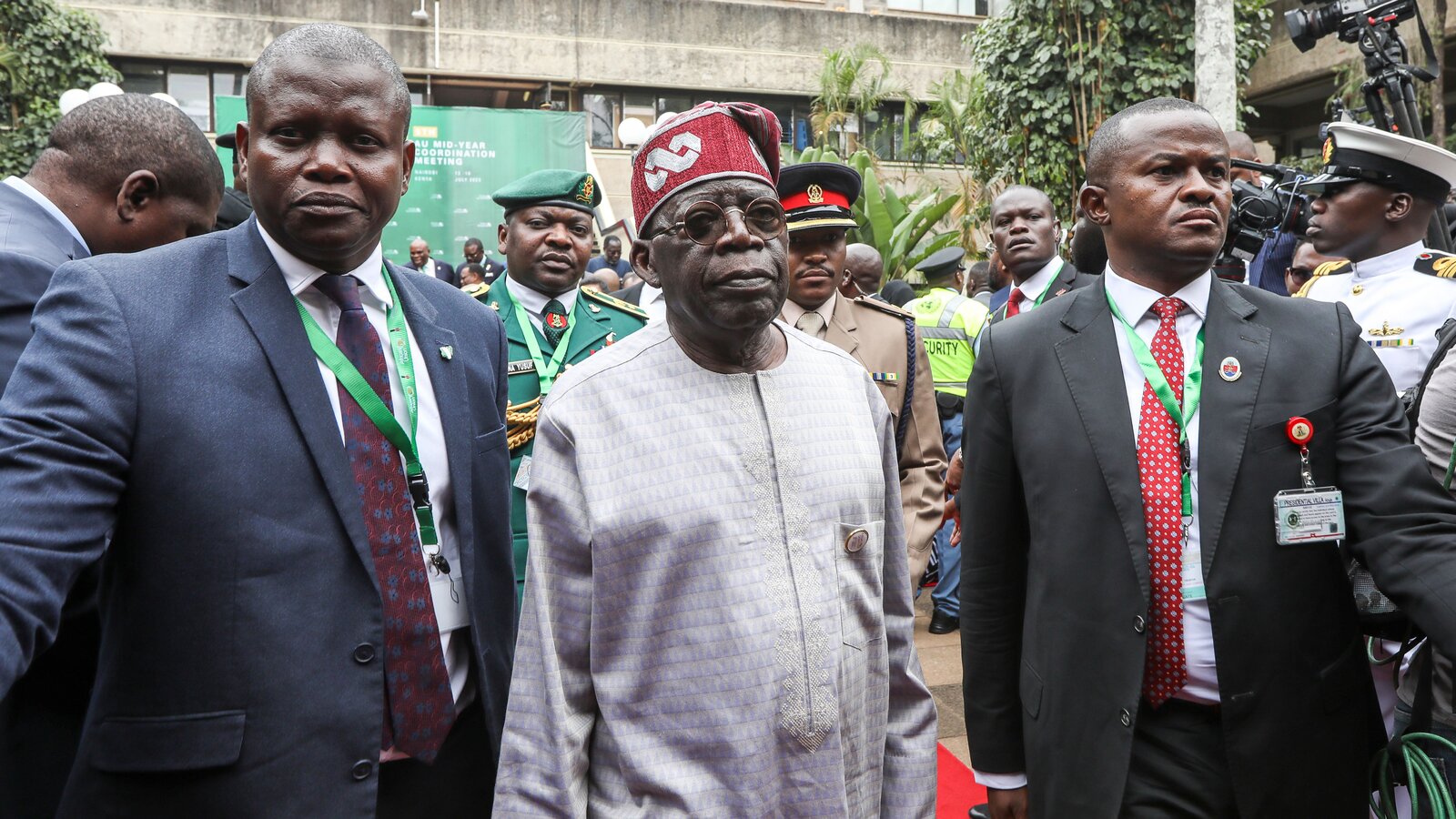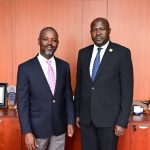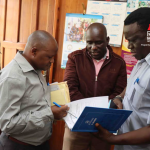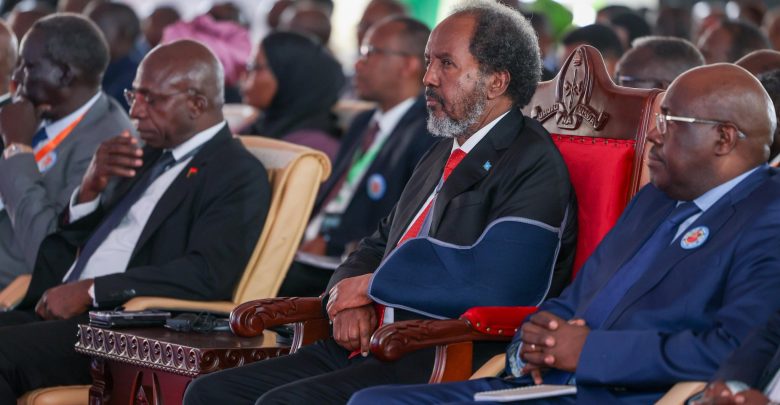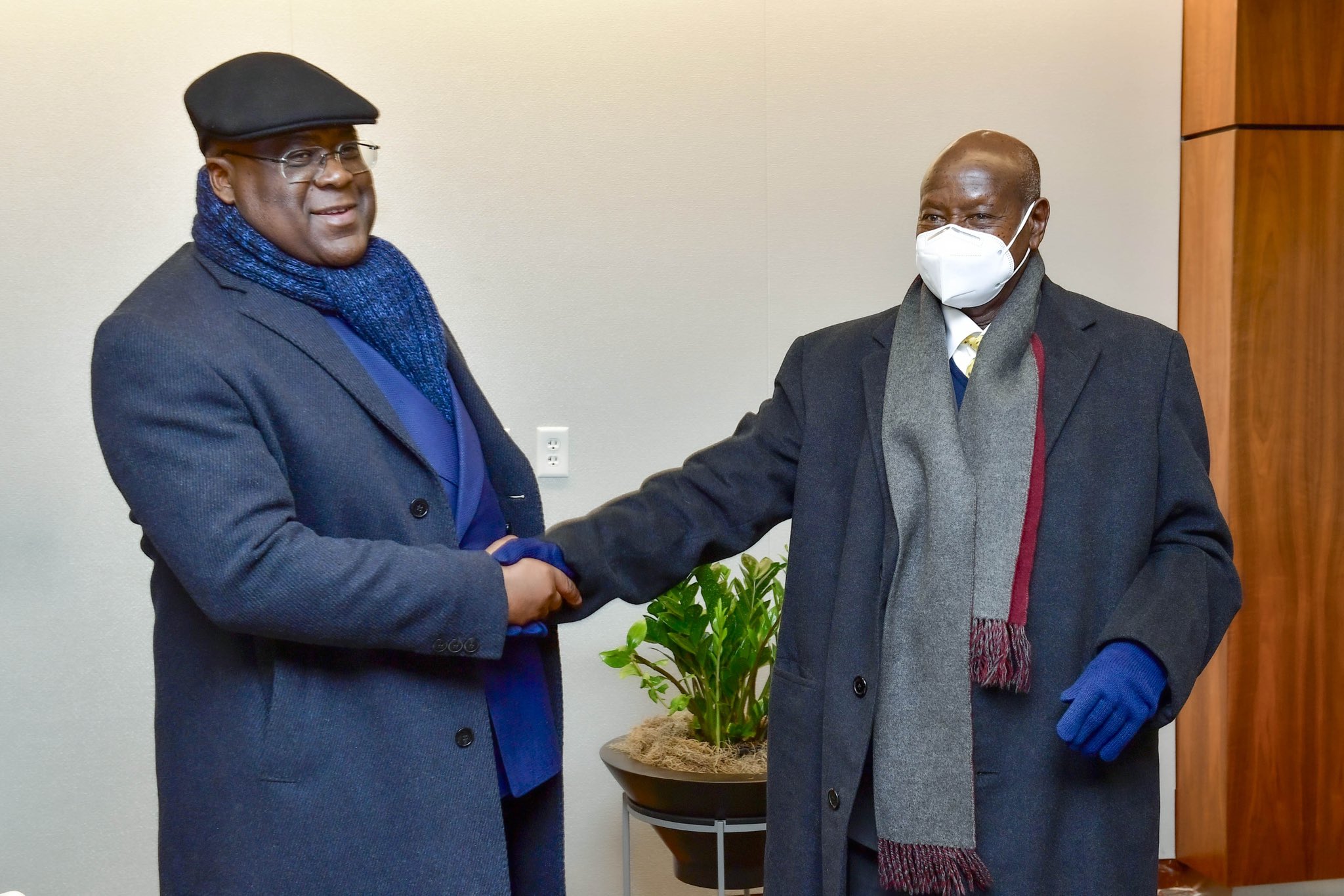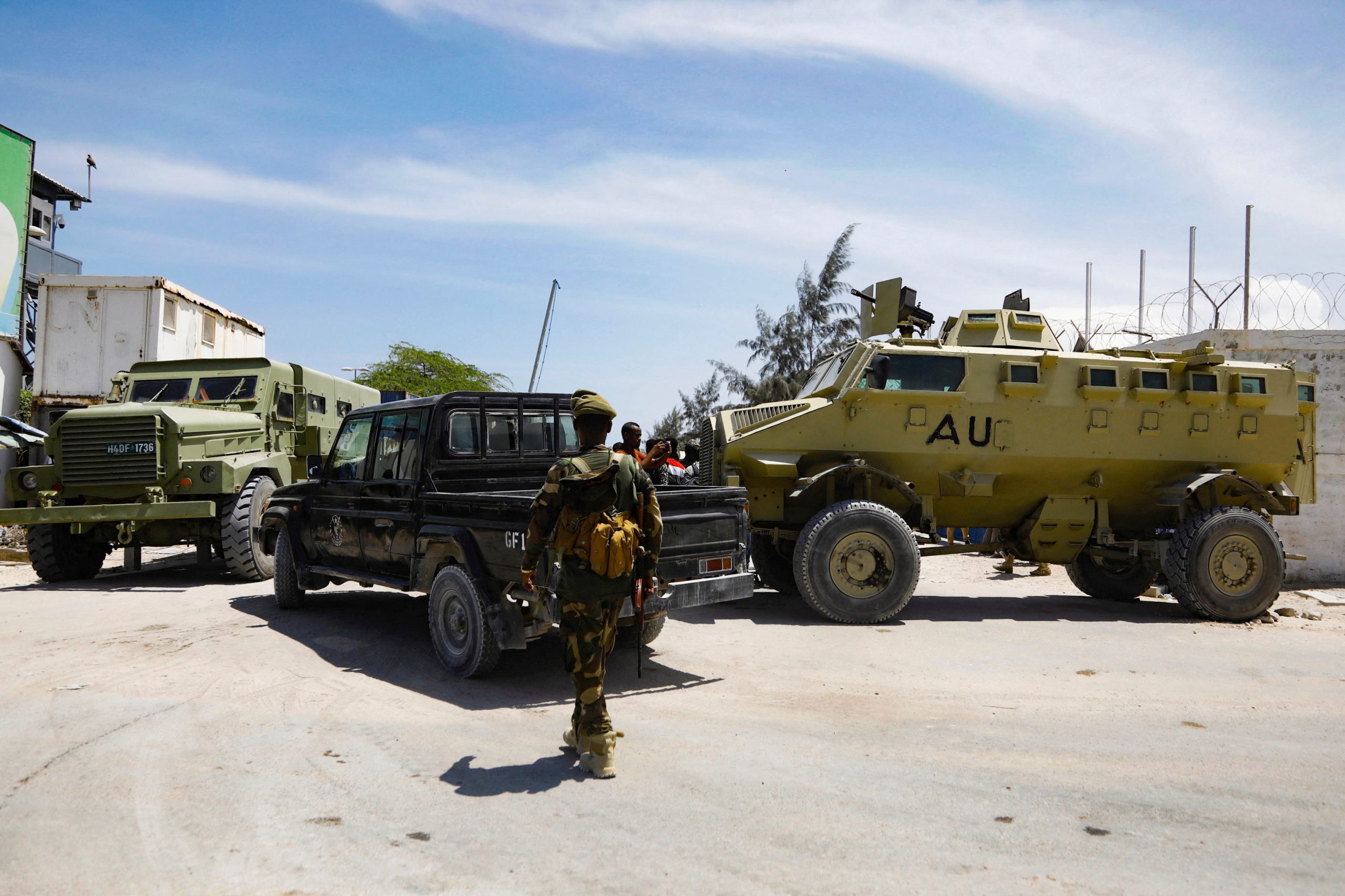African leaders have gathered for a two-day summit in Addis Ababa, Ethiopia, amidst a backdrop of coups, conflicts, political crises, and regional tensions across the continent.
Prior to the summit, Moussa Faki Mahamat, the head of the African Union Commission, expressed concern over the violence plaguing many African nations, as well as other parts of the world. He highlighted issues such as the crisis in Sudan, jihadist threats in Somalia, tensions in the Democratic Republic of Congo, terrorism in the Sahel, and instability in Libya. Faki emphasized the seriousness of military coups, electoral violence, and humanitarian crises linked to war and climate change.
In an effort to address ongoing conflicts, a mini-summit focusing on relaunching the peace process for the Democratic Republic of Congo was convened on the sidelines of the main AU meetings. However, the effectiveness of the African Union in resolving conflicts has been questioned, with critics citing its ineffectiveness and limited decisive action.
Gabon and Niger were notably absent from the summit due to their suspension over coups last year, joining other barred countries including Mali, Guinea, Sudan, and Burkina Faso. The political crisis in Senegal, sparked by President Macky Sall’s decision to delay elections, is also expected to be discussed.
Outside of Africa, the conflict between Israel and Hamas in Gaza is a topic of interest, with Faki describing it as a “war of extermination.” While Palestinian Prime Minister Mohammad Shtayyeh will attend the summit, an Israeli delegation has not been invited.
The summit will feature speeches from prominent figures such as UN Secretary-General Antonio Guterres and Brazilian President Luiz Inacio Lula da Silva. However, the AU managed to avert a crisis over the rotating chairmanship, with Mauritanian President Mohamed Ould Ghazouani set to take over from Comoros President Azali Assoumani.
Despite its ambitions to have a stronger global voice, the AU faces challenges in developing consensus on its role in international politics, particularly within the G20. Additionally, internal conflicts within host nation Ethiopia, along with disputes with neighboring Somalia, present further hurdles.
Looking ahead, discussions are expected to focus on transitioning the AU to rely more on African states for funding its budget, rather than foreign donors. While a resolution was adopted by the UN Security Council to finance AU-led peace missions, it capped funding at 75% of the budget, signaling the need for African states to take greater financial responsibility.

